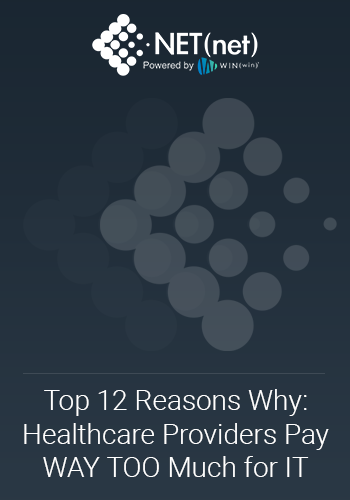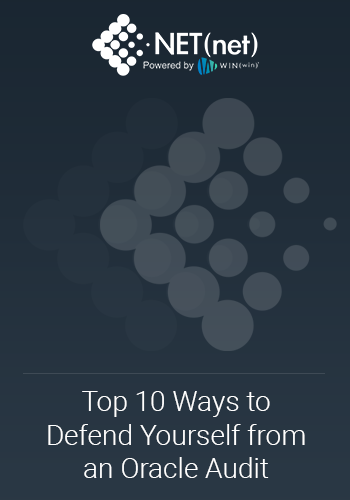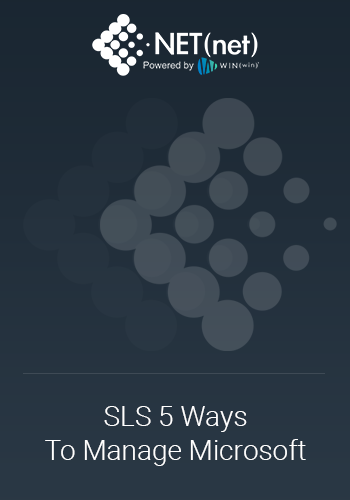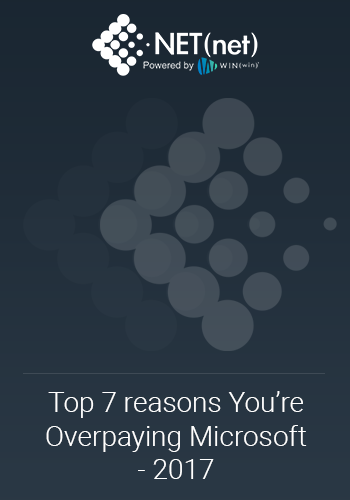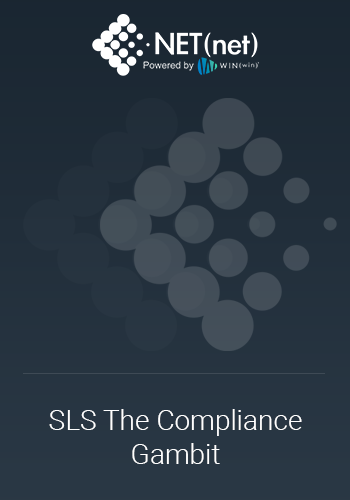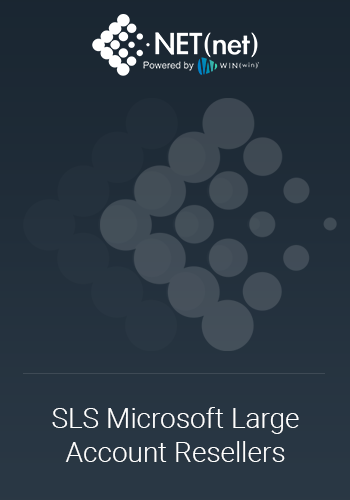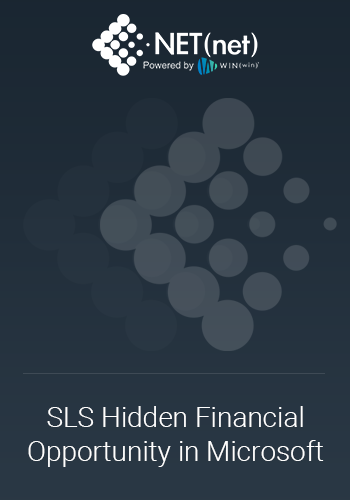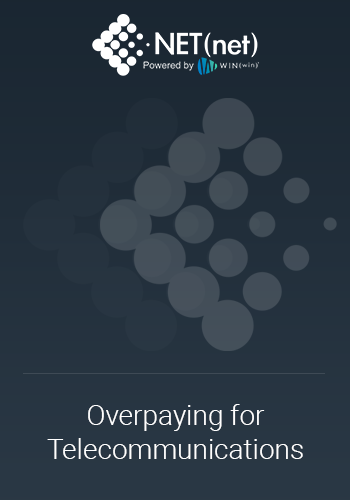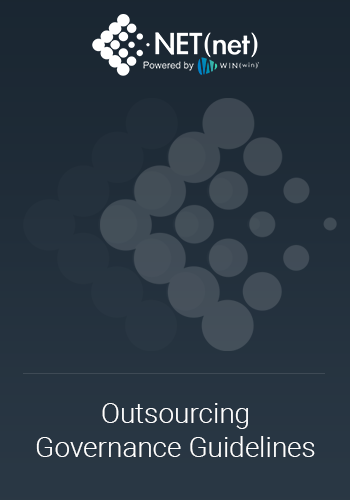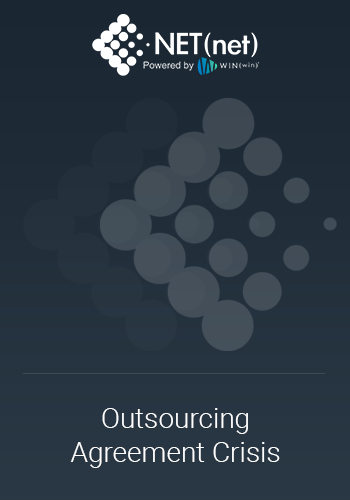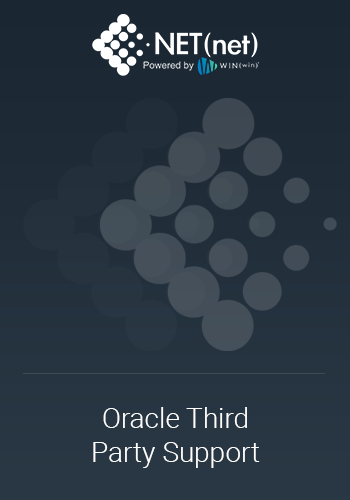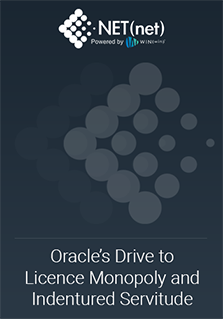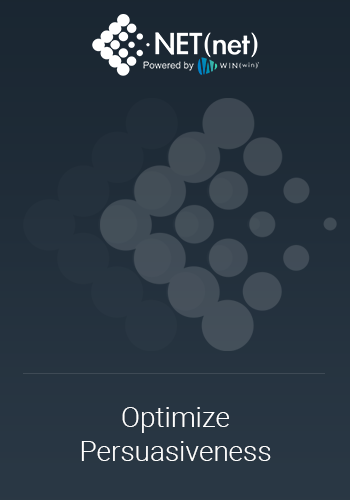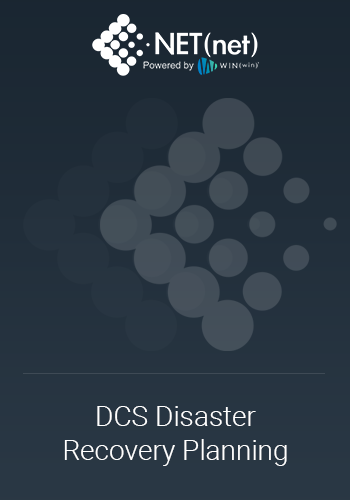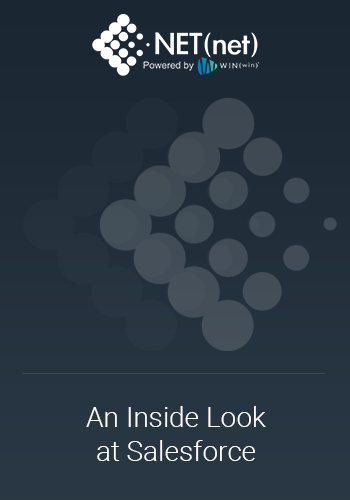For Tech Leaders, your mandate extends far beyond maintaining current systems; it's about strategically charting a course through the technological landscape of tomorrow. While AI dominates headlines, three other transformative technologies – Quantum Computing, 5G Expansion, and Spatial Computing/Extended Reality (XR) – are rapidly maturing. Each of these are poised to profoundly reshape our enterprises over the long term. Ignoring them is no longer an option, understanding their potential and preparing for their integration is a strategic imperative.
Quantum Computing: Unprecedented Processing Power
Quantum computing, once a theoretical concept, is steadily moving from the lab to accessible platforms. While general-purpose quantum computers that can break current encryption are still some years away, the implications for enterprise are already materializing. For the CIO, the immediate focus isn't on deploying a quantum computer in your data center, but on two critical areas:
- Post-Quantum Cryptography (PQC): The clock is ticking. Quantum computers, when sufficiently powerful, will render today's standard encryption algorithms obsolete. This "harvest now, decrypt later" threat means sensitive data encrypted today could be vulnerable in the future. As tech leaders, you must prioritize identifying critical data assets, assessing cryptographic agility, and beginning the transition to quantum-safe algorithms. NIST's ongoing standardization efforts provide a roadmap, and partnering with cybersecurity experts is crucial to a phased and secure migration. Proactive PQC adoption isn't just about security; it's about maintaining trust and regulatory compliance in a future where data integrity is paramount.
- Optimization and Simulation: Beyond cryptography, quantum computing offers immense potential for solving complex optimization problems far beyond classical computing capabilities. Think logistics, supply chain optimization, financial modeling, drug discovery, and advanced materials science. While full-scale quantum solutions are still in development, leaders should explore quantum-as-a-service offerings for pilot projects in niche areas where current computational limits are a bottleneck. Understanding these early use cases will position your organization to capitalize on quantum advantages as the technology matures.
Key Quantum Computing Vendors for Enterprise:
- IBM Quantum: A pioneer in quantum hardware (superconducting qubits) and software (Qiskit SDK), offering cloud-based quantum computing platforms with a clear roadmap. IBM Quantum Platform
- Google Quantum AI: Known for its Sycamore processor and quantum supremacy claims, Google focuses on advancing quantum algorithms and hardware through its Quantum AI lab. Google Quantum AI
- Microsoft Azure Quantum: Provides a comprehensive cloud-based quantum platform, offering access to various quantum hardware from partners (e.g., IonQ) and a strong focus on topological qubits.Azure Quantum service
- Quantinuum (a Honeywell/Cambridge Quantum company): A leader in trapped-ion quantum systems, providing integrated hardware and software solutions with applications in various industries. Quantinuum
- IonQ: Specializes in trapped-ion quantum computing, offering high-fidelity and scalable quantum systems accessible through cloud platforms like AWS, Microsoft Azure, and Google Cloud.IonQ Quantum Computing Services
5G Expansion: The Network Fabric for the Future Enterprise
5G is more than just faster mobile internet; it's a foundational technology that will redefine connectivity within and beyond the enterprise perimeter. For CIOs, the expansion of 5G brings forth several strategic considerations:
- Private 5G Networks: For organizations with large campuses, manufacturing facilities, or distributed operations, private 5G offers unprecedented control, security, and ultra-low latency for mission-critical applications. This enables real-time automation, advanced IoT deployments, and seamless connectivity for a multitude of devices that require high reliability and dedicated bandwidth. CIOs should evaluate scenarios where private 5G can replace or augment existing Wi-Fi and wired infrastructure, particularly for industrial IoT, smart factories, and remote operations.
- Edge Computing Synergy: The true power of 5G unfolds when combined with edge computing. With 5G's low latency, data can be processed closer to the source – on factory floors, in retail stores, or at remote sites – enabling real-time analytics and decision-making without reliance on central cloud infrastructure. This synergy is critical for AI inference at the edge, autonomous systems, and highly responsive applications. CIOs need to integrate 5G planning with their broader edge computing strategies.
- Enhanced Mobile Broadband and Enterprise Mobility: The increased bandwidth and capacity of 5G will unlock new possibilities for remote work, virtual collaboration, and rich media experiences. It will empower a more agile and distributed workforce, demanding a re-evaluation of network security, device management, and application delivery strategies to ensure seamless, secure connectivity for employees, wherever they are.
Market Size and Growth
Market Value: The global private 5G network market was valued at approximately USD 2.0–2.6 billion in 2023, with projections estimating explosive growth:- USD 11.8 billion by 2028 (CAGR of 42.3%)
- USD 27.87 billion by 2030 (CAGR of 39.7%)
- USD 36.08 billion by 2030 (CAGR of 54.1%)
- USD 102.52 billion by 2034 (CAGR of 40.2%)
- USD 129.6 billion by 2032 (CAGR of 48.2%)
- USD 311.35 billion by 2037 (CAGR of 44.5%)
Leading 5G Enterprise Solution Providers:
- Nokia: A recognized leader in private 5G/LTE networks, offering comprehensive solutions for industrial and enterprise customers globally. Nokia 5G Private Wireless
- Ericsson: Focuses on providing private 5G networks that support industrial automation and digital transformation, with end-to-end infrastructure solutions. Ericsson Private 5G
- Huawei: A significant player in 5G infrastructure, offering extensive hardware and software solutions for both public and private 5G deployments worldwide. Huawei 5G Solutions
- Samsung Electronics: Provides a comprehensive range of 5G solutions, including base stations, RAN, core networks, and cloud platforms, supporting both public and private networks. Samsung Private Networks (5G Business)
- Cisco Systems: A key provider of networking hardware, telecommunications equipment, and cybersecurity solutions, with offerings that support enterprise 5G integration and private networks. Cisco Enterprise 5G Solutions
Spatial Computing/Extended Reality (XR): Bridging the Physical and Digital
Spatial computing, encompassing augmented reality (AR), virtual reality (VR), and mixed reality (MR), is no longer confined to gaming. It's emerging as a powerful tool for the enterprise, creating immersive experiences that enhance productivity, training, and collaboration. For the forward-thinking tech leader:
- Transforming Training and Onboarding: XR offers unparalleled opportunities for immersive training simulations in high-risk environments (e.g., healthcare, manufacturing) or for complex tasks. This can significantly reduce training costs, improve skill retention, and accelerate employee onboarding.
- Enhanced Collaboration and Design: Spatial computing enables distributed teams to collaborate on 3D models, designs, and simulations in a shared virtual space, transcending geographical boundaries. This can revolutionize product design, architectural planning, and even surgical procedures.
- Field Service and Remote Assistance: AR overlays real-time information onto physical objects, empowering field technicians with on-demand expertise, diagnostic tools, and step-by-step repair guides. This reduces downtime, improves first-time fix rates, and enables remote assistance from experts.
- Customer Experience and Sales: From virtual showrooms to interactive product demonstrations, XR can create highly engaging and personalized customer experiences, potentially redefining sales and marketing channels.
Top Spatial Computing/XR Vendors for Enterprise:
- Microsoft (HoloLens & Azure Mixed Reality): A long-standing player with its HoloLens device and a strong cloud platform for developing and deploying mixed reality applications. Microsoft HoloLens
- Apple (Vision Pro & ARKit): While newly entered the market, Apple's premium Vision Pro and its ARKit software framework set new standards for immersive spatial computing and are poised for enterprise adoption. Apple Vision Pro Business Apps
- Meta (Quest series & Horizon OS): Leads the VR market with its accessible Quest headsets and is pushing for broader enterprise adoption through its Horizon OS and business-focused initiatives.
Meta Quest for Business - PTC: Integrates CAD, IoT, and augmented reality to provide industrial digital transformation solutions, particularly for manufacturing and engineering with its Vuforia platform. PTC Vuforia Enterprise AR
- Varjo: Known for its ultra-high-fidelity VR and XR headsets, serving industries that demand extreme precision like aviation, automotive design, and medical training. Varjo XR-4 Series
The long-term impact of Quantum Computing, 5G Expansion, and Spatial Computing is undeniable. While each presents its own challenges, from cost and complexity to security and interoperability, the opportunities they unlock are immense.
As Tech Leaders, your role is to move beyond simply monitoring these trends and must actively engage and educate leadership, identify strategic use cases, and begin the phased integration of these technologies into your enterprise architecture.
About NET(net)
Founded in 2002, NET(net) is the world’s leading IT Investment Optimization firm, helping clients find, get, and keep more economic and strategic value in their technology supply chains. Over the last 20 years, NET(net) has influenced trillions of investment, captured hundreds of billions of value, and has helped clients cost and value optimize all major areas of IT Spend, including XaaS, Cloud, Hardware, Software, Services, Healthcare, Outsourcing, Infrastructure, and Telecommunications, among others. NET(net) has the experience you want, demonstrates the expertise that you need, and delivers the performance you demand and deserve. Contact us at info@netnetweb.com, visit us online at www.netnetweb.com, or call us at +1 (616) 546-3100 to see if we can help you capture more value in your IT investments, agreements, deployments, and relationships.
NET(net)’s Website/Blogs/Articles and other content is subject to NET(net)’s legal terms, offered for general information purposes only, and does not constitute legal advice. While NET(net) may offer views and opinions regarding the subject matter, such views and opinions are those of the content authors, are not necessarily reflective of the views of the company and are not intended to malign or disparage any other company or other individual or group.

